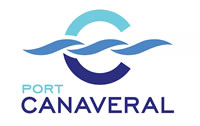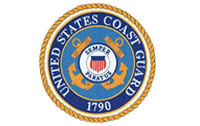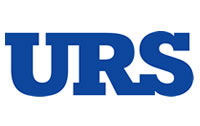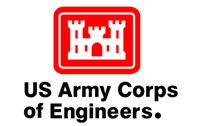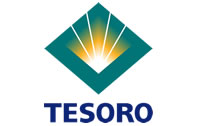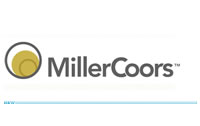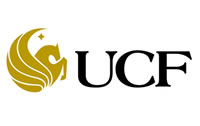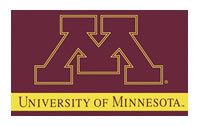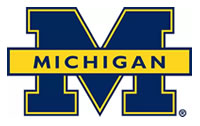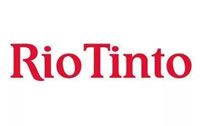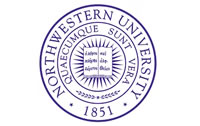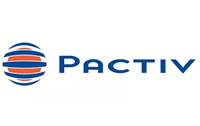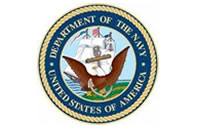Leaders who delegate accountability introduce significant risk into the organization.
By Tom Moriarty for Plant Services Magazine
Plant Services, February 06, 2019
Have you ever had a problem, taken it to your boss, and your boss said, “Just deal with it”? Telling someone with less authority and less ability to fix the cause of a problem is lazy leadership. A boss who does this isn’t really leading.
You may have done this yourself. You may have tried to rationalize your move by saying you were pushing the decision down to the people who knew what should be done. Maybe you did it because you believed the issue wasn’t important enough for you to get involved in and you didn’t have time for it. Whatever the rationalization was, the reality is you may have been abdicating your accountability.
Whether you delegate a responsibility because you want to defer to experts or because you don’t have time to deal with it, you should not outsource your accountability. A leader can delegate responsibility but never accountability.
If you’re new to your position and your subordinates know more than you do about how things work, it’s OK to get their recommendations and ask them how they arrived at these. In fact, that may be the wisest approach. But always be clear that the decision and accountability remain yours.
Let me be clear that I’m not talking here about a situation in which the subordinate person is being asked to assume a responsibility for the purpose of obtaining experience or developing knowledge or skills. In a training or development situation, individuals have to be provided with what they need and coached to perform in the right way.
In this column I’m talking about situations where there is a mismatch between an organization’s direction, guidance, and/or assets and what a subordinate team member is being asked to deal with.
Senior leaders are accountable for communicating the group’s direction – the mission, vision, values, and objectives for the organization. They’re also accountable for authorizing guidance: the policies, plans, processes, procedures, and measures that define what is to be done, how, and with what assets. Senior leaders are accountable for implementing the guidance and providing required assets.
Subordinates are accountable for executing the guidance with the assets they are provided. If a subordinate person is not provided with needed guidance and assets, then the subordinate cannot be held accountable for performing to the defined level. If deficiencies in guidance or assets exist, the subordinate is accountable for notifying his or her leader. The senior leader is then responsible for modifying the direction, guidance, and/or assets in such a way that the subordinate is able to execute the task successfully.
Senior leaders should never abdicate their accountability. The right thing to do when confronted with an issue that has been identified is to acknowledge reported discrepancies and be accountable for resolving them. This most often means obtaining the correct type and quantity of assets needed for subordinates to get the job done. Assets may have been depleted because of personnel turnover, budget cuts, outdated software, etc. Often, too, being accountable means working to eliminate ambiguities, gaps, or overlaps in policies, plans, processes, procedures, or measures.
Organizations are based on an administrative and functional structure. They are effective when there is conformity to accountability standards and requirements. Each level of authority in an organization has accountability for administrative and functional standards assigned to it.
When a person in a senior position abdicates authority, subordinates are placed at risk. Junior staffers may not have the information, knowledge, tools, or skills needed to make the best decision in a given situation – that’s why they don’t have the senior leader’s job!
In my upcoming book, I go into great detail on the Productive Leadership System©. The system comprises three parts: the Organizational Reliability Model© (ORM), the Productive Leadership Model© (PLM) and the Productive Leadership Development Program. The ORM is the framework that assigns accountability. The PLM provides the knowledge, tools, and skills for individual leaders to be efficient and effective leaders. The development program is a set of recommendations for designing, implementing, measuring, and maintaining productive leadership. For more information, contact me at the email address below.
Contact Tom to ask about the two-day Productive Leadership Workshop; [email protected] or (321) 961-4306.

